I was never a theater kid (my mother will claim I saved my theatrics for her), but in the 4th grade, I found myself cast in the Hebrew school Chanukah play, in my small suburban Long Island synagogue. I wasn’t the star—some other child donned a fake beard and played the important role of Matityahu, father of Judah the Maccabee, hero of our Chanukah story. Another classmate, whose name is lost to time, portrayed the daring and brave Judah.
I wasn’t shy and in fact, relished the spotlight. As luck would have it we were arranged in size order, and owing to my medium height, I happily landed at the end of the front row in full sight. Dressed in a floor-length floral bathrobe, my hair in long braids interwoven with ribbon, I played the part of an incensed Judean townsperson who could shake my fist with the best of them. 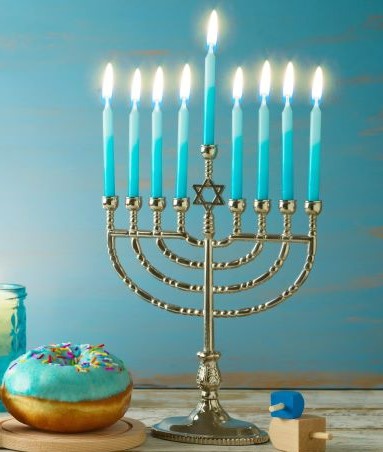
Our exasperated, but idealistic junior choir director, a woman with flyaway gray curls, appealed to our 1960s-era flower child parents with a Chanukah score based on Beatles music. The opening number was a take on Yellow Submarine. It went like this:
In the town of Modiin,
lived a special group of Hasidim.
All the Jews were asked to bow,
but Matityahu said, Jews don’t kowtow!
We all live in the town of Modiin,
the town of Modiin,
the town of Modiin…”
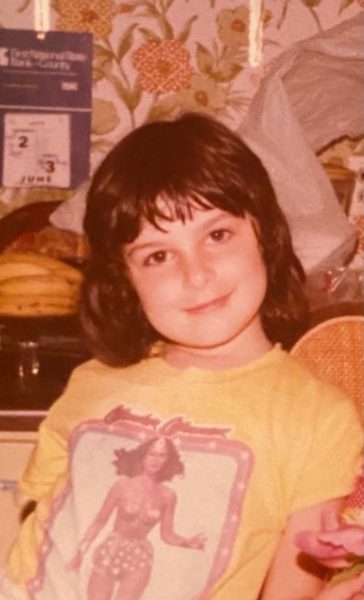
Alas, no photos exist from our Chanukah extravaganza, but here’s me at the same age.
This is 100% true.
Chanukah, also known as the Jewish festival of lights, commemorates the miraculous victory of an outnumbered, outflanked band of Jewish warriors against the powerful forces of King Antiochus. Encouraged and empowered by Matityahu of Modiin, the Jews, led by Matityahu’s son, Judah Maccabee, rose up against their oppressive Seleucid rulers. In 164 B.C.E., the Jewish people returned to Jerusalem, cleaned and rededicated their holy Temple, eventually lighting a makeshift menorah as the original had been stolen.
And so it goes that only a small cruse of oil was found to light the menorah—enough for only one night. A miracle celebrated each year on Chanukah is that this small amount of oil lasted for an astonishing eight nights. At its core, however, Chanukah is a miraculous story of strength, determination, and perseverance. The Jewish people, just like the light in that ancient menorah, persisted.
Back in 1980s Long Island, more songs followed in our little Chanukah spectacular, Judaized versions of All You Need is Love, Sgt. Pepper’s Lonely Hearts Club Band (which referenced the band of Maccabees), Get Back (Judah was a man, they said he was a hammer…), and a full-throated play on All Together Now, during which the Jews cleaned the reclaimed Temple in Jerusalem. I wish I remembered more songs and lyrics because they were brilliant.
What I do remember is that after the show, my grandmother, an imposing figure—5’8” in flats and a single raised eyebrow that might’ve sent old Antiochus into the hills—gave my shoulder a gentle squeeze.
“That was lovely.” She held up a plump manicured finger. “And important.”
I was certain I’d been one heck of an ancient Judean, but important? Anyway, I’d already turned my thoughts to the following night, when I’d light the menorah with my family, feast on latkes and chocolate gelt, and hopefully get some of the presents I’d been not so subtly angling for over the past month.
I found out much later that Grandma said something else too.
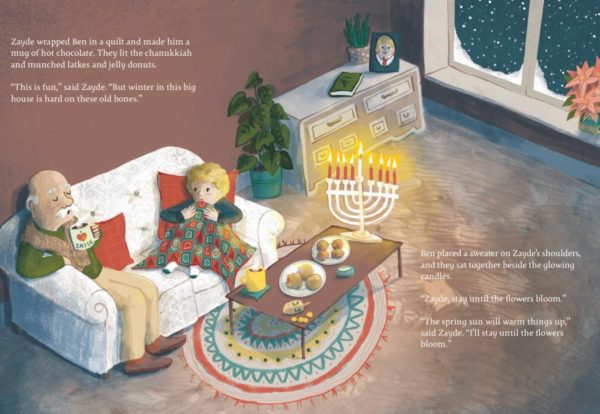
Until the Blueberries Grow, by Jennifer Wolf Kam, Illustrated by Sally Walker
My grandmother, whose family fled the pogroms of Eastern Europe, and whose in-laws (my grandfather’s family) lost entire branches of their family in the Shoah, said this to my mother: “The true miracle is that 40 years after the Holocaust, that stage is filled with beautiful, healthy children singing openly and proudly about being Jewish.”
A miracle indeed. And now it’s been 78 years.
We are here again. Surging antisemitism. Fear. Disbelief. War. Just when we think we’ve forgotten the words, they return to us, clear and vivid—inherited memory. But we also remember, just like the Jews in ancient Modiin, we don’t bow—not to idols, not to fear, not to terror. And we continuously search for the light.
My memory is hazy and maybe I’m making it up, but I believe we ended with a junior choir Hebrew school rendition of Here Comes the Sun. Whatever Chanukah lyrics we belted out to that famous Beatles tune are also lost to time and memory—but the message remains clear and resonates now as much as it ever has.
Light over darkness.
While scrolling through Instagram, as one does, I stumbled upon a well-known quote by Rabbi Yitzchak “Irving” Greenberg. He says, “The proper response, as Chanukah teaches, is not to curse the darkness but to light a candle.”
Viewed through the increasingly foggy lens of the past, with some added clarity that comes with adulthood, I think our little retro pop-culture Hebrew school production was a light—a beacon to our parents, our grandparents, and especially to our children. A reminder that in and after the darkest of times, there can and will, against the greatest of odds, be light.
This week, as Jews around the world light the menorah with friends and family, the candles burning brightly into the night, and lift our voices to sing openly and proudly as Jews, Chanukah remains a forever testament to that miraculous truth.
All Together Now…
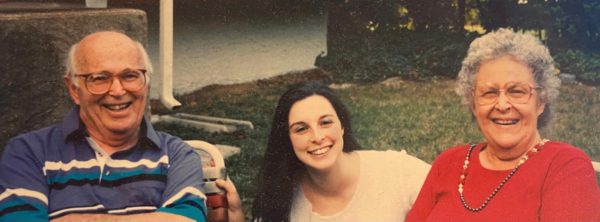
Grandpa, Grandma, and Me

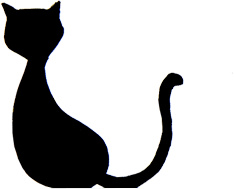
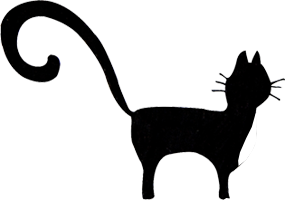
You are not only a wonderful Judean townsperson but also a wonderful storyteller.
This is great, Jen. Thanks for sharing.
You are such a wonderful writer. Your story really hit home for many reasons. Thank you for reminding me to always try to find strength & the light, something I needed right now.
Thank you for your wonderful story, beautifully told. (love the Wonder Woman shirt too, lol)
Our amazing daughter-in-law never ceases to amaze us. Her brilliant writing is only out shined by her beauty inside and out❤️❤️
This is beautiful. And important. And I’m not sure if I love your Wonder Woman t-shirt or you remembering the lyrics to the Chanukah pageant songs the most.
Jen, Thank you for sharing your story.
I echo your mother- in- law’s sentiments. I am part of “The Beatles” generation, and I wish I could have watched your brilliant performance. I know I’d have enjoyed it as much as your sharing what it has meant to you. I could listen and learn from your stories every day